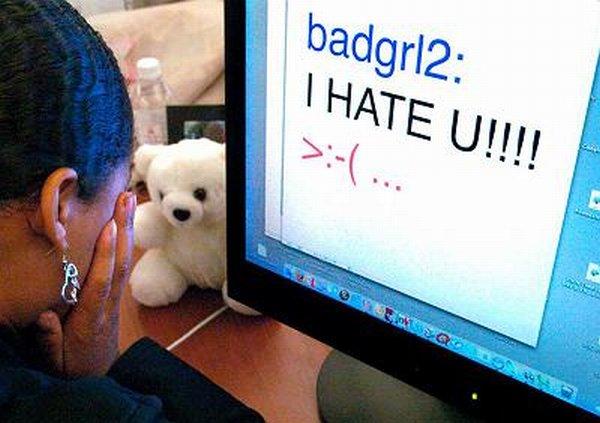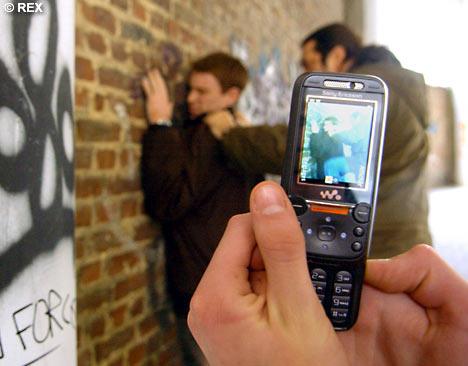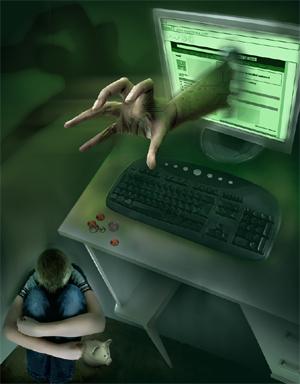

34% of students in Grades 7 to 11 report that they had been bullied within the current school year. Among those, 27% say they had been bullied over the Internet.
Cyber-bullying can involve mean e-mails or text messages, unwanted pictures sent through camera phones, or the posting of information on blogs that is intended to embarrass and humiliate.


Cyber-bullying takes the form of exclusion (e-mails between campers: let's not have Jane in our bunk this summer) to outright hurtful words given directly to campers over the Internet (no one wants you back this summer because no one likes you).
Unflattering pictures of campers can be posted on the Internet after the season, and cruel messages about campers and staff are posted with the intention of embarrassing and humiliating the victim.


Internet use is so pervasive with our children today that it is replacing the telephone as the number one means of communication, compared to a generation ago.
The potential problem with the Internet - and bullying specifically - is that it is indirect - you can talk about anyone without seeing their reaction; you can think and feel a mean thought, write it out in an e-mail, and press the send key on your computer.
Unfortunately, you can't get your e-mail back when and if you calm down. The damage is likely to be done because your words become a written record that is in the hands of someone else.